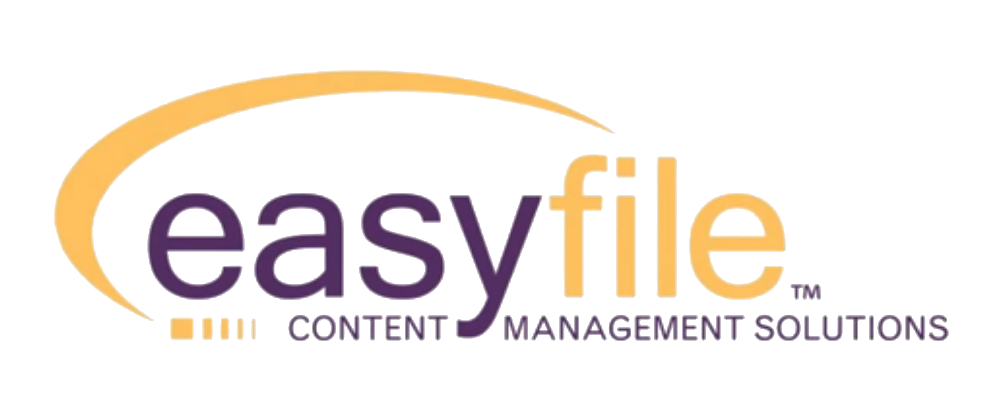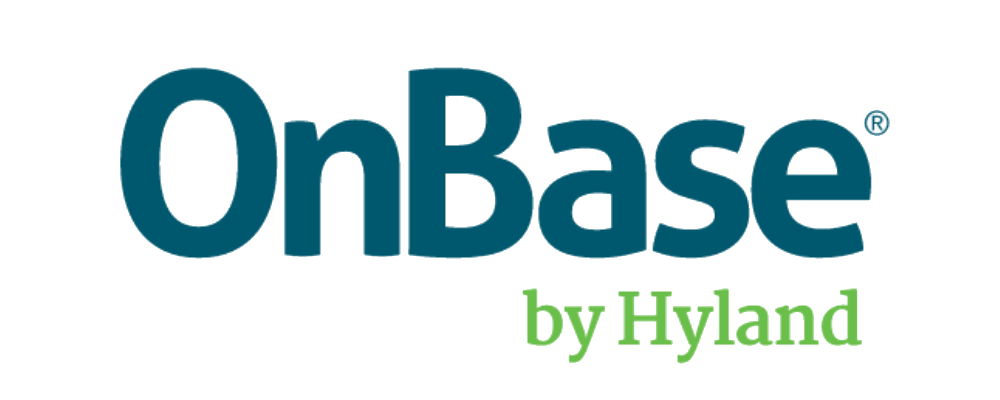Human nature is a fickle thing. We often hear people touting their desire to live their best life and embrace positive changes. But we just as often witness those same people finding themselves drawn to the same old routines and habits that they’ve always followed.
Sometimes, it’s really hard to get motivated and embrace change when you’ve got something that feels very safe and comfortable. Even if one suspects on some level that making a change will result in a slew of positive benefits, he or she is likely to grasp at whatever perceived negatives they can find in an attempt to legitimize their desire to stick with the ease and comfort of the status quo. It’s a maddening cycle that sometimes traps people in a state of eternal paralysis, always claiming that real change is just around the corner.
Unfortunately, this mindset is something we often see in the electronic document management world. People are drawn to the relative comfort and safety inherent in doing things the way they’ve always been done. “If it ain’t broke, why fix it?” they think, never realizing that just because it isn’t broken doesn’t mean it can’t be better. This interesting article from Aliah Wright, writing for the venerable SHRM (Society for Human Resource Management), discusses this exact phenomenon. She talks to several notable professionals who agree that going paperless is clearly better. Document scanning services and workflow automation software undeniably create efficiency and drive significantly increased productivity.
He goes on to discuss that to some people, a transition to a paperless office may seem daunting, but in reality, here at CASO we work closely with our clients every step of the way in order to ensure that we offer a totally secure, seamlessly integrated solution.
We recommend checking out the rest of Wright’s insightful article to see some great information and quotes from qualified experts. And, of course, please give us a call if you have any questions!
Survey: 77% of HR Departments Go Paperless
Transitioning to a paperless HR office saves time, increases productivity and boosts efficiency, according to an informal survey of HR professionals who attended the Society for Human Resource Management (SHRM) 2015 Annual Conference & Exposition in Las Vegas earlier this summer.
Many HR departments have greatly reduced or eliminated their use of paper by turning to computer-based systems that store and manage documents and keep track of employee information.
In the survey by Fairfield, N.J.-based Archive Systems Inc., which provides document management solutions, 77 percent of more than 150 HR professionals polled at the conference said their departments have successfully gone paperless. In a Towers Watson survey report released in June 2015, 28 percent of HR professionals polled said their organizations still use paper for performance management, even though 74 percent who use technology for performance management say it is effective.
HR professionals polled at the SHRM conference who said their companies’ HR files were more than 50 percent digital said they spend 35 percent less time than they did before on administrative paperwork.
“This survey is a strong indicator that paperless HR document practices work and forward-thinking HR departments who have adopted digital practices are more efficient and have greater ability to direct HR resources to programs that matter, instead of wasting time on paperwork,” Archive Systems CEO Gordon Rapkin told SHRM Online in an interview.
Seattle-based Ubi Interactive Inc., a startup that creates technology to turn any surface into a touch screen, has gone completely paperless. “We use a combination of several tools, including Zenefits and ADP RUN,” said CEO and co-founder Anup Chathoth. “From recruiting to onboarding an employee to processing payroll, we do everything using a SAAS [software-as-a-service] provider.”
Chathoth also told SHRM Online that going paperless has given him more time to devote to other areas.
“I used to field queries from our providers, our accountants, tax attorney and employees alike on a regular basis,” he noted. “Now, I can just give them access to the right tool and they can see all the information for themselves. We can do that only because we are paperless.”
More Time for Strategy
Additional findings from the Archive Systems survey include the following:
-
HR managers who use solely paper records reported spending most of their time on routine tasks and concentrating less on critical business initiatives.
-
Hybrid environments—where both digital and paper documents are used—are making the greatest strides toward going paperless. The biggest issue when it comes to going paperless is the number of digital documents that may exist in multiple systems instead of being accessible from one companywide repository.
-
Those in HR who still have paper records are, on average, 50 percent confident that they have all the necessary documents for audits and compliance; companies that are totally digital are, on average, over 70 percent confident.
-
“Paperless HR allows teams to be more nimble,” said Kathy Enros, vice president of talent for ACL, a Canadian-based software company. An HR practitioner for more than 20 years, Enros told SHRM Online that “when we don’t have to dedicate time and space to the maintenance of paper files, we have more time to focus on strategy and strengthening our value proposition to the business.”
-
Enros also pointed out that housing documents directly in an online HR management system allows for better access to and collection of data, including historical information and skills-based data. It also enables quick access in case of emergencies.
-
“Eliminating paper files greatly reduces associated space and cost requirements, including storage and security of confidential files, et cetera. The carbon footprint is greatly reduced with a positive impact on the environment,” she added.
-
Compliance Concerns
-
Protecting digital employee data is just as important as securing paper documents, Enros and other experts say.
-
“When employee data goes completely electronic, it becomes critical that the appropriate controls over access to that data, backup and recovery and general network security are in place to meet various privacy and related regulations that may vary by state and country,” Enros said.
-
Fortunately, because the IT department may already conduct audits of its systems to test security of customer, member or patient data, it may be in a good position to secure employee data as well.
-
And, “with electronic HR, it’s much easier to actually measure and monitor compliance,” she said. “When those same records exist only in a filing cabinet, there is no easy way to validate compliance.”
-
Storing files digitally also can make it easier to monitor internal needs, such as ensuring that employees take required training courses, have signed off on policies and are filling out timesheets correctly, Enros said.
-
“HR teams in the 21st century aren’t being measured on the tidiness of our filing rooms—so we’d better not be spending our time in there.”
Aliah D. Wright is an online editor/manager for SHRM.




